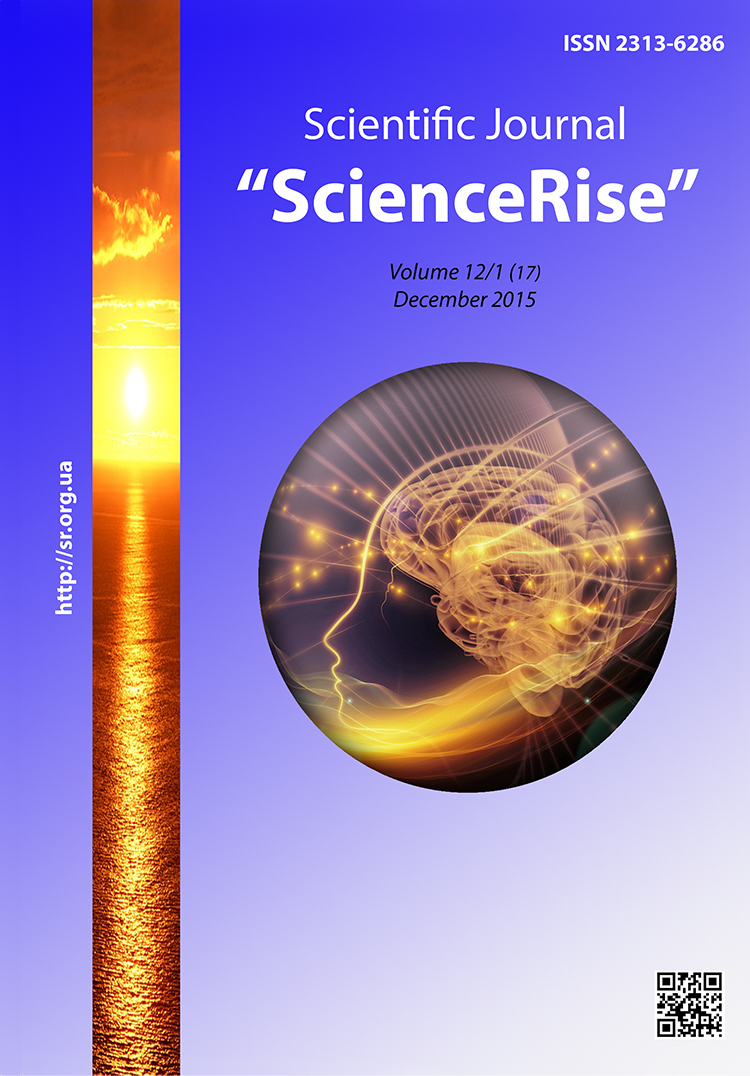The possibility of intercultural and tolerance strategy in new conditions of Europe development
DOI:
https://doi.org/10.15587/2313-8416.2015.56252Keywords:
European society, integrative society, interculturalism, intercultural-tolerant strategy, multiculturalism, toleranceAbstract
The article examines the issues of the maintenance of integrity of the European society, and analysis of the concepts of interculturalism and tolerance. Intercultural and tolerant paradigm is studied as a strategy for the development of Europe. The role of tolerance and interculturalism is seen as a factor of stability of society
References
Kasyanova, E. I. (2007). Nravstvennaya aktivnost kak suschnostnaya harakteristika tolerantnosti. Moscow: «Kompaniya Sputnik », 111.
Interkulturalizm – Liberalnaya Missiya. Ynterkul'turalyzm. Available at: http://www.liberal.ru/articles/5596
Kulturnoe raznoobrazie: politika interkulturalizma (2014). Kul'turnoe raznoobrazye. Available at: http://www.miscp.ru/assets/docs/interculturalism.pdf
Shmidt, K.; Chernikov, I. F. (Ed.) (1990). K voprosu o genezise immigratsionnoy politiki Velikobritanii. Migratsii i migrantyi v mire kapitala: istoricheskie sudbyi i sovremennoe polozhenie. Kyiv: Naukova dumka, 94–95.
Malahov, V. S. (2005). Natsionalizm i kulturnyiy plyuralizm. Natsionalizm kak politicheskaya ideologiya. Moscow: KDU, 257–258.
Kotelnikov, V. S. Multikulturalizm dlya Evropyi: vyizov immigratsii . Gosudarstvo i antropotok: demografiya, migratsiya, identichnost. Available at: http://www.antropotok.archipelag.ru/
Semenenko, I. (2006). Integratsiya inokulturnyih soobschestv v razvityih stranah. "ME i MO", 10, 58–68. Available at: http://demoscope.ru/weekly/2007/0299/analit03.php
Downloads
Published
Issue
Section
License
Copyright (c) 2015 Елена Павловна Ананьева

This work is licensed under a Creative Commons Attribution 4.0 International License.
Our journal abides by the Creative Commons CC BY copyright rights and permissions for open access journals.
Authors, who are published in this journal, agree to the following conditions:
1. The authors reserve the right to authorship of the work and pass the first publication right of this work to the journal under the terms of a Creative Commons CC BY, which allows others to freely distribute the published research with the obligatory reference to the authors of the original work and the first publication of the work in this journal.
2. The authors have the right to conclude separate supplement agreements that relate to non-exclusive work distribution in the form in which it has been published by the journal (for example, to upload the work to the online storage of the journal or publish it as part of a monograph), provided that the reference to the first publication of the work in this journal is included.

